Thailand has everything from gorgeous beaches and amazing cuisine, to ancient ruins and beautiful Thai temples. With everything it has to offer, there’s no wonder it has seen an increase in tourists and digital nomads in recent years. However, one of the things standing in your way of enjoying life in Thailand is a visa.
The visa process can be challenging and complicated. Not only that, there are several visa options that allow you to stay in the country for varying amounts of time. That’s why we’ve put together this comprehensive Thailand visa guide to make sure you understand the visa process and can experience the best of Thailand. Whether you are looking to retire in Thailand or simply visit for a few weeks, here is everything you need to know about Thailand’s visas.
1. Tourist Visa
Depending on why you’re visiting Thailand and where you’re visiting from, will determine if you need a tourist visa and what type.
A. Visa Exemption / Visa Waiver Entry
If you’re from one of the countries that qualify for a visa exemption, you’re able to arrive in Thailand by airplane without a visa. Your passport is still required, and it will be stamped upon arrival. In this case, you will not receive a visa in your passport and you will only be allowed to stay for 30 days.
This visa is not designed for long-term stays in Thailand. There is no written rule regarding how frequently you’re able to use the visa exemption. However, if you repeatedly do visa runs, meaning you leave the country and come back a few days later, you’re likely to be questioned about your motives.
If you’re arriving by land, it’s best to get a single or multi-entry tourist visa in advance, especially if it’ll be a regular occurrence. However, you are able to enter Thailand twice per year at a land border if you’re a resident of a country on the visa exemption list.
Visa Exemption Countries
United States, United Kingdom, Canada, Argentina, Australia, Austria, Bahrain, Belgium, Brazil, Brunei, Chile, Czech Republic, Denmark, Estonia, Finland, France, Germany, Greece, Hong Kong, Hungary, Iceland, Indonesia, Ireland, Israel, Italy, Japan, Korea, Kuwait, Laos, Liechtenstein, Luxembourg, Macau, Malaysia, Monaco, Mongolia, Netherlands, New Zealand, Norway, Oman, Peru, Philippines, Poland, Portugal, Qatar, Russia, Singapore, Slovak Republic, Slovenia, South Africa, Spain, Sweden, Switzerland, Turkey, United Arab Emirates, and Vietnam
B. Visa on Arrival
If you’re from one of the countries listed below, and arriving by air, you’re able to purchase a visa when you arrive in Thailand. You’ll pay 2,000 THB (or about $66 USD) and be allowed to stay for 15 days. Your passport will be stamped and you’ll receive a visa in your passport.
It’s possible to extend this type of visa at a Thai immigration office, but you’re likely to only get an extension of two or seven days.
If you’re not a fan of having to stand in line to get your visa once you arrive, you can apply for an eVisa. You can apply for an E-Visa online within 30 days of your entry to Thailand. You’ll fill out the forms, scan the required documentation, then pay online. It can take up to 3 days to process, but if you get it in advance then you should be able to get through the immigration line quicker. However, E-Visas can only be used if you’re arriving by air to Bangkok Suvarnabhumi Airport (BKK), Bangkok Don Mueang Airport (DMK), Phuket International Airport (HKT), Chiang Mai International Airport (CNX), or Krabi International Airport (KBV).
Visa on Arrival Countries
Andorra, Bulgaria, Bhutan, China, Cyprus, Ethiopia, India, Kazakhstan, Latvia, Lithuania, Maldives, Malta, Mauritius, Romania, San Marino, Saudi Arabia, Taiwan, Ukraine, and Uzbekistan
C. Single Entry Tourist Visa (SETV)
SETVs allow you to stay in Thailand for up to 60 days. This type of visa must be applied for before your arrival in Thailand. It costs about $50 and there’s a two-day application process. Day one is for the application and day two is to pick up the visa. These visas can be obtained from the Royal Thai Embassy or Consulate in your home country. This type of visa must be used within 90 days of its issue date. If you leave Thailand within the 60 days of your allotted stay then you forfeit the remaining days.
The requirements can vary from country to country, but in general you should be prepared to present a completed application with several passport / visa photos, your current passport, photocopies of your passport’s information page, flight information, accommodation information, and exact cash to pay the fee.
D. Multiple Entry Tourist Visa (METV)
METVs replaced double and triple entry visas around 2015. You must apply for this visa from your home country and once obtained it is valid for six months. Within that six months you can enter and leave as much as you want via land or air, but you can still only stay for 60 days at a time. This visa will cost around $175 and there’s a two-day application process.
The requirements can vary from country to country, but in general you should be prepared to present a completed application with several passport / visa photos, your current passport, photocopies of your passport’s information page, flight information, accommodation information, a bank statement showing you’ve have around $6,500 for at least six months, a letter from your employer, and exact cash to pay the fee.
E. Extending Your Tourist Visa
Visa Exemption entries, SETVs, and METVs can be extended for 30 days for 1,900 THB or about $63 USD. Unfortunately, VOA entries may only get an extension as long as 14 days. You can do this by visiting a Thai immigration office. It may take a few hours, so be patient. Each stamp on your passport / visa can only be extended once. If you’ve already used your 30-day extension you’re able to apply for an emergency seven-day extension for another 1,900 THB.
Before visiting the office, be sure your host (whether you’re staying at a hotel, apartment, or Airbnb) has registered you through the TM30 registration. If not, your extension may be rejected and your host might be fined. Your host will receive a “receipt of notification” when they register you. It’s a good idea to bring a copy of that with you to the immigration office.
2. Transit Visa
This $35 visa is valid for three months and allows its holders to stay for up to 30 days. The Thailand transit visa is for those traveling through Thailand in order to get to their destination in another country. It’s also for those participating in sporting events or those in charge of a conveyance coming to a port, station, or area in Thailand. Depending on what the visa is for, proof of finance and travel plans, a letter of invitation, and / or a visa from a different country is required.
3. Non-Immigrant Visa
There are several types of non-immigrant visas, but these are the most common.
A. Work / Business Visa (Type B)
This type of visa is for those working for a Thai company, attending business meetings, or teaching in Thailand. These are single-entry visas costing $80, with only a few exceptions. If you’re the owner of the business you’re able to get a multiple entry visa for $200. You’ll need to submit an invitation letter and different forms of proof based on why you’re there.
Spouses and unmarried children under 20 are eligible to apply for a non-immigrant O-Visa. Most of these visas allow you to stay for 90 days unless the Office of Immigration Bureau decides otherwise.
B. Education Visa (Type ED)
If you’re going the educational route, then this single-entry visa will cost you $80. You’ll need to submit documents from the school as well as proof of income and a police certificate proving you don’t have a criminal record. The visa is valid for three months and you can extend it for up to one year from your date of entry into Thailand.
If you’re under 20 and enrolled in full-time long-term educational courses, your parents are able to apply for single-entry non-immigrant O-Visas. However, they’re not eligible to work.
C. Volunteer Visa (Type O)
If you want to volunteer in Thailand, this is the type of visa you need. It will cost $80 per entry and allows you to stay for up to 90 days. Keep in mind that the processing time will be about three business days. Along with your passport, photos, and application, also be prepared to submit a recommendation letter and registration confirmation from the organization you’re volunteering with.
D. Marriage Visa (Type O)
Whether your spouse is Thai, or you’re married to a Thai visa holder, you’re able to apply for a Type O visa. Single-entry visas will cost $80 and multiple-entry visas will cost $200.
For single-entry visas you’ll need to present proof of the relationship, such as a marriage certificate. If you have a Thai spouse, then that person will need to write a letter on your behalf. If you’re applying as the spouse of a Thai visa holder then you’ll also need proof of their work in Thailand as well as bank statements.
Multiple-entry visa applicants need banking proof of 400,000 THB for the previous month or 100,000 THB for the previous six months.
First-time applications will only be granted single-entry visas. If there are no records of you overstaying your visa, committing criminal offenses, or working illegally, then you’ll be considered for a multiple-entry visa.
E. Retirement Visa (Type O-A)
The retirement visa is a long-term visa that allows those who are at least 50 to stay in Thailand for up to a year. Financially you must prove at least 800,000 THB two months prior to visa application or a monthly income of 65,000 THB. Other documents may include a medical certificate and police clearance. Retirement visa holders must report their residential address every 90 days either by mail or in person at a Thai immigration office.
Applications for this visa can be submitted from your home country or within Thailand. It can be a single or multi-entry visa that is renewable from within Thailand. The same financial requirements need to be presented. It’s also possible to enter Thailand on a visa exemption stamp, then apply for a retirement visa at a Thai immigration office.
4. Permanent Resident Visa
The permanent resident visa is highly sought after because it’s the only way to get Thai citizenship, but it’s not the easiest thing to get. Having this visa would allow you to have your name on a house registration document and purchase a condo without having to make a bank transfer from abroad. It’s also much easier to get a work permit when you have a permanent resident visa.
In order to qualify, you must have been a Thai non-immigrant visa holder for at least three years. You must have extended the same visa for three consecutive years, they cannot be multiple non-immigrant visas. Most people who receive these visas either had a working or marriage visa. If you had a working visa, you must show a monthly income of 80,000 THB. If you had a marriage visa then you must have been married for at least five years and earn at least 30,000 THB monthly. Other categories can be approved at the discretion of Thai immigration.
5. Smart Visa
Launched in 2018, the Smart Visa’s purpose is to attract highly-skilled talent. Smart Visa holders are able to stay for up to four years, without needing a work permit. These visa holders are also able to bring along immediate family. It’s geared toward those who want to invest and / or build their business in Thailand, assuming they’re in certain targeted technology industries such as smart electronics, and robotics.
You must first be approved by the National Innovation Agency. Assume the process will take longer than 30 days when applying for this type of visa. Once you’re approved, you’ll apply for this visa at any Thai Embassy or Consulate in the world.
Requirements for Thai visas may change at any point and the Consulates and Embassies have the right to request additional documentation not previously listed. Thai immigration will ultimately decide if they’d like to extend your visa and for how long.
While it is difficult to stay in Thailand on a long-term basis, their visas do allow you to stay long enough to experience the beauty of this amazing country.
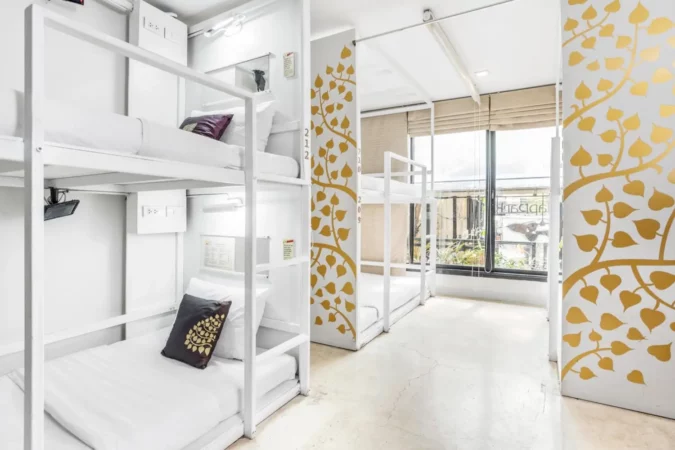
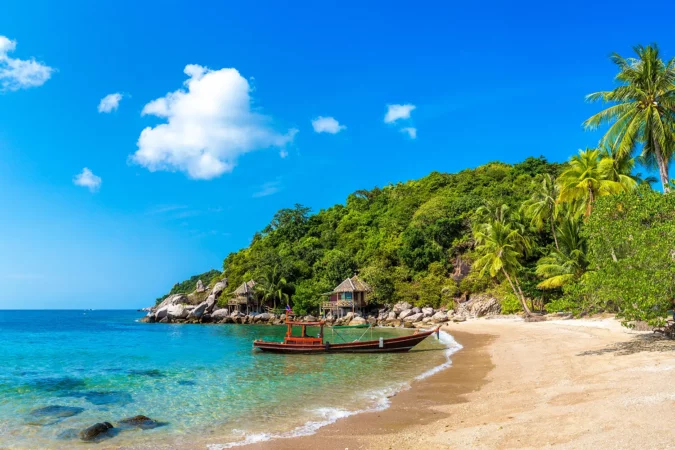
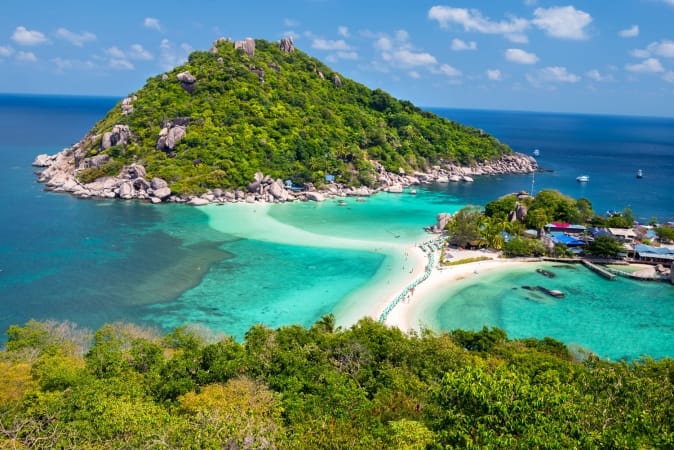
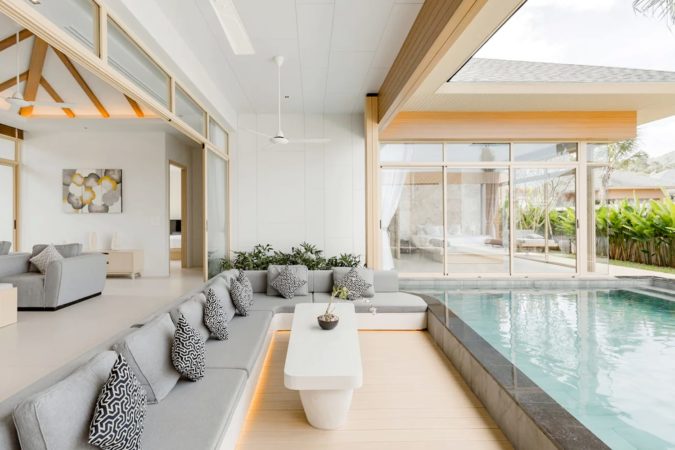

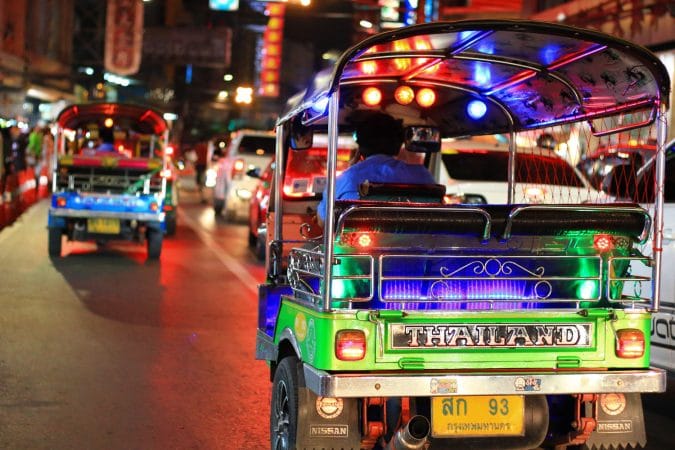
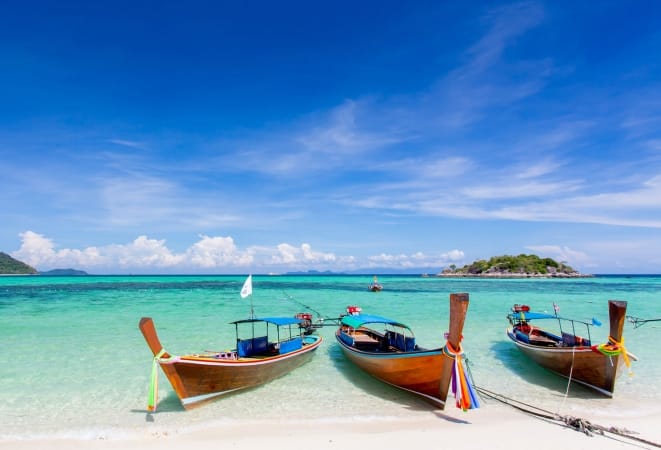
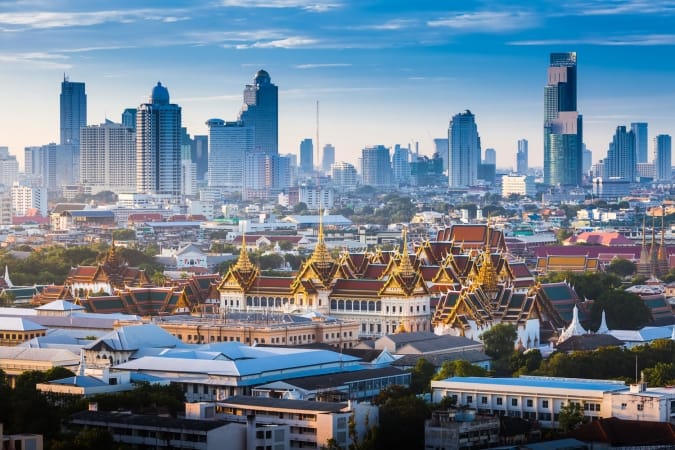
Comments